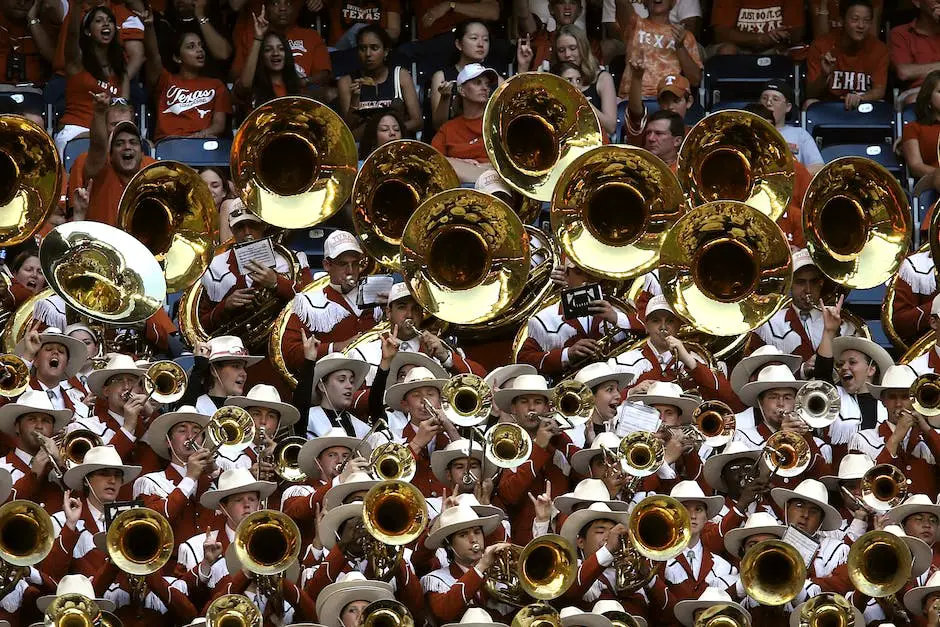As athletes aspire to elevate their performance on the pitch, court, or field, the journey requires more than mere practice. It necessitates a comprehensive approach that blends the mastery of advanced techniques, dedication to physical conditioning and nutrition, and the cultivation of mental toughness and game psychology. Let’s embark on a journey, dissecting the intricacies of these sporting disciplines, and discover how to capitalize on these elements to help you thrive in the intense and highly competitive world of advanced sports.
Mastery of Advanced Techniques
Understanding Advanced Techniques
Start by conducting a comprehensive review of advanced techniques for your particular game or sport. This entails not only learning about the techniques but also recognizing when they should be employed for optimum results. Consult different resources, be it professional player interviews, coaching manuals, or online video tutorials. Each has valuable insights to provide.
The Importance of Complex Footwork
In many sports, such as soccer, basketball, or tennis, advanced players will cultivate complex footwork abilities. This can involve various tricks, flips, or quick multi-directional movements. While these may seem flamboyant or unnecessary, they can drastically improve your gameplay if mastered. In soccer, for example, nimble footwork can help trick an opposing player, allowing you to bypass them and maintain possession of the ball.
Mastering Trick Plays
Trick plays, such as fake passes in basketball or disguised shots in tennis, can often prove to be game-changers. However, these evolve from basic techniques, and therefore require a solid foundation to execute. Practice the basic skills rigorously before attempting trick shots so you can pull them off smoothly during the game.
Delving into Advanced Tactical Strategies
How you utilize advanced tactical strategies can determine how well you perform during a game. This includes devising robust game plans and flexible approaches that can adapt quickly to changing dynamics mid-game. Such strategies often demand greater understanding of the sport, its rules, and the opponent’s potential tactics. So, take the time to study and learn from previous games, both yours and those of top players in your sport.
Practical Application of Advanced Techniques
While theoretical knowledge is a good starting point, the true test lies in applying these advanced techniques during a game. Begin with practice matches where you can experiment with different techniques or strategies without facing severe repercussions. Learn both from your successes and failures, understanding why a certain move worked or didn’t. Take note of what needs to be improved and commit to sharpening those skills.
Continuous Learning and Adaptation
The world of sports is ever-evolving. Consider the training a never-ending journey, where there’s always room for improvement. Stay updated with the latest techniques and strategies coming up in your sport and strive to incorporate them into your game. With time, patience, and consistent effort, you’ll gradually acquire mastery over these advanced techniques, elevating your game performance.

Physical Conditioning & Nutrition
Understanding the Role of Balanced Diet and Tailored Nutrition
Maintaining a balanced diet specifically tailored to your sport’s demands is imperative for enhancing performance. In order to fuel and recover from your training sessions, focus on consuming a balance of macronutrients: carbohydrates, proteins, and healthy fats. Carbohydrates provide you with energy, proteins assist in muscle repair and growth, and fats provide essential fatty acids and additional energy for endurance activities.
Recommended daily intake depends on the energy expenditure, in other words, on physical activity level. For athletes, it usually includes 6-10g of carbohydrates per kilogram of body weight, 1.2-2g of protein per kilogram, and enough fats to cover the rest of the needed calories. However, consult a sports nutritionist to best tailor these general guidelines to your individual needs.
Importance of Hydration in Physical Conditioning
Hydration cannot be overlooked when it comes to physical conditioning. All athletes need to drink sufficient amounts of water throughout the day as well as before, during, and after workouts to replace lost fluids. For high intensity or long duration activities, sports drinks containing electrolytes and carbohydrates can help replenish and maintain optimal hydration levels.
Creating an Intensive Workout Regimen for Specific Game/Sport
The first step in crafting an intense workout regimen is to understand the demands of your specific sport. Recognize the specific muscle groups most used in your game, as well as the type of strength required (e.g., endurance, explosive power, agility, etc.).
Then, develop a balanced workout regimen that includes a mix of cardio exercises for overall endurance, strength training for muscle power, and flexibility workouts for mobility and injury prevention. For instance, if you’re a football player, you’ll want to focus heavily on leg strength, agility drills, and cardiovascular stamina; a swimmer, conversely, would need to pay more attention to upper body strength and lung capacity.
Plateauing is a common issue among advanced athletes. To avoid this, employ periodization – structure your training into different phases, each with a specific goal, and regularly change your exercises to keep challenging your body.
Recovery: As Important as Training
The importance of adequate recovery in an advanced player’s training schedule can’t be overstated. Ensure you’re getting enough sleep every night as this is when the body does most of its healing, and don’t ignore rest days as they are crucial for muscle recovery. Post-workout, consider techniques like foam rolling or massage to promote muscle healing and flexibility.
In conclusion, superior physical conditioning and good nutrition can make the difference between staying in the game and pushing ahead of the pack. With tailored nutrition, a balanced exercise strategy focusing on the muscle groups used in your sport, adequate hydration, and appropriate rest, you can maximize your training outcomes and rise above the competition.

Mental Strength & Game Psychology
Understanding the Relevance of Mental Strength & Game Psychology
In advanced play, your mental strength and game psychology play crucial roles. Your psychological profiles, your understanding of different mental strategies, and your ability to stay composed under pressure not only influence your performance but also impact your opponents. A blend of visualization, meditation, and mind-training exercises can help you to enhance your mental toughness, maintain your composure, and gain an edge over the competition.
Utilizing Visualization Techniques
One effective mental strategy involves the process of visualization. This technique requires you to mentally rehearse, in detail, what you want to happen in the game. Picture every move, every play, and every possible outcome. The goal is not only to better prepare for adversity but also to program your mind to execute actions more efficiently. By incorporating visualization practices into your daily training routine, you get to simulate intense competitive scenarios and improve your reaction time when these scenarios occur in the game.
Embracing Meditation Practices
Meditation is another tool that you could incorporate into your training regimen to bolster your mental strength. Techniques such as mindfulness can assist in developing razor-sharp focus and cultivating a calm mind, both crucial attributes during pressure-filled games. Aside from helping to enhance concentration, regular meditation can also reduce game-related stress and anxiety, enabling you to perform at your best despite pressures from the competition.
Applying Mind-Training Techniques
Additionally, mind-training techniques can help you enhance your mental toughness. These can take various forms, such as positive affirmations, cognitive restructuring, or mental-imagery exercises. These techniques can help you maintain positive self-belief, reframe internal dialogue, and stay mentally resilient even under immense pressure, giving you a significant advantage over opponents who may lack such training.
Staying Composed Under Pressure
Finally, it’s important to learn how to remain composed under pressure. This involves learning how to manage your breathing, stay present, and focus on the task at hand. Breathing exercises can help slow your heart rate and reduce anxiety, allowing you to think clearly and make strategic decisions during tense moments in the game.
Learning how to use psychological strategies will not only enable you to keep your composure under pressure, but also increase your chances of gaining an advantage over your opponents. It might take time and practice, but the benefits will significantly impact your performance at higher levels of play.

Immerse yourself within these pillars of advanced sportsmanship, gain a detailed understanding, and devise a strategy that personalizes these aspects to synchronize with your ambitions, capabilities, and your sport’s unique demands. Mundane practice and the repetitive application of basic skills are not sufficient to thrive at an advanced level; instead, adopting these sophisticated practices will aid you in breaking through the barriers. Whether through mastering advanced techniques, committing to rigorous physical conditioning and balanced nutrition, or fostering mental vigor and game psychology, your growth as an advanced athlete is within arm’s reach.